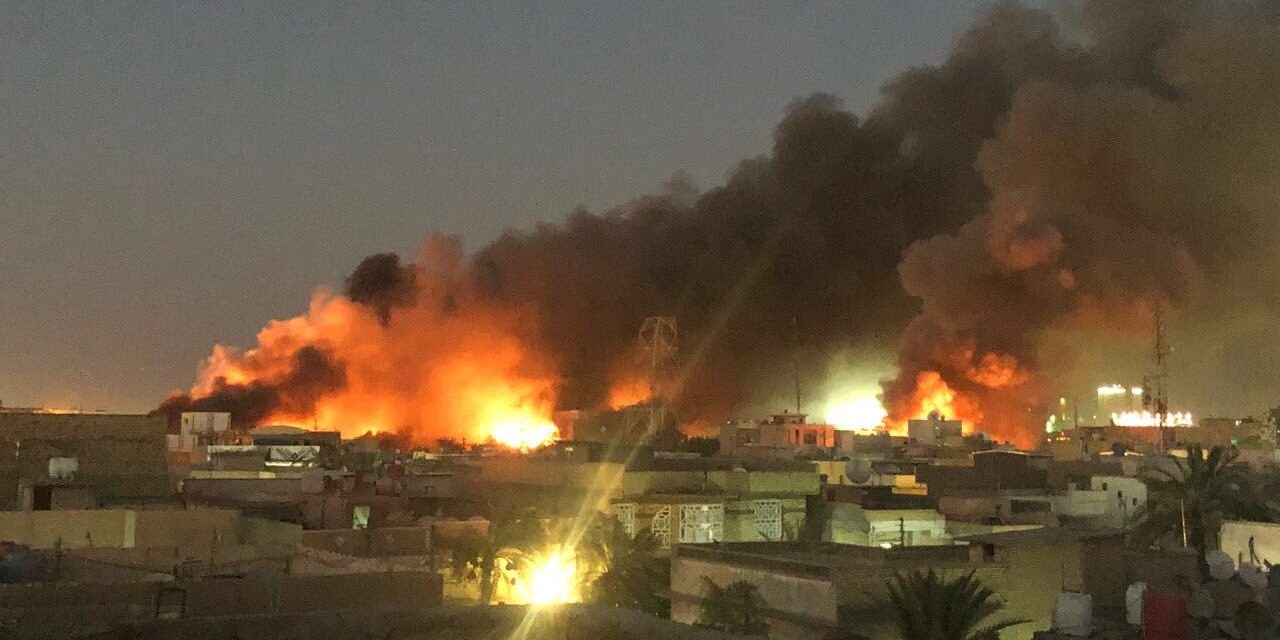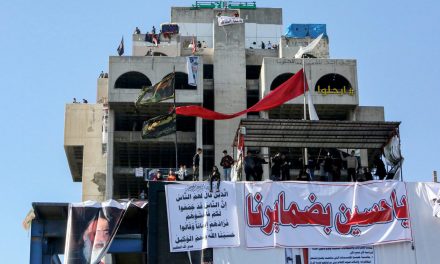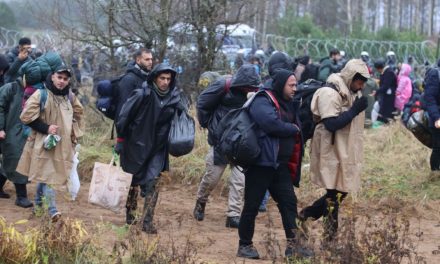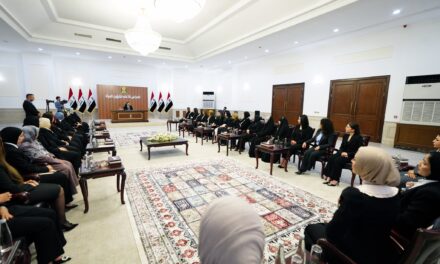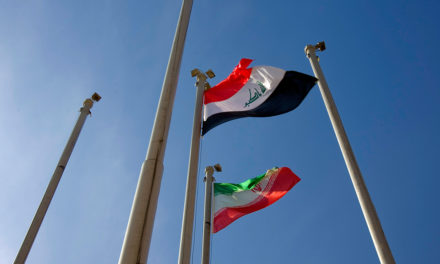Iraq is currently facing multiple serious challenges: the big ticket items include the regrouping Daesh insurgency in parts of the country, political deadlock in Baghdad four months after general elections, and the deadly protests in Basra. All require close attention but it is the latter that is more pressing and can quickly escalate out of control. Violence in Basra threatens the oil industry, the lifeblood of Iraq’s economy and a major underpinning of Iraq’s very existence as a state. Basra’s strategic location means the ramifications of protracted unrest could be severe for regional stability and, with nearly 5% of the world’s daily oil supplies, even for the global economy. The Iraqi government has little time to formulate a response, and few options with which to address the demands of its people.
The government, however, is not entirely helpless. It can take certain immediate steps to reduce tension, absorb anger and buy time to allow for more tangible remedies. The first such step would be to dismiss the governor and freeze the provincial council (whose term legally ended in April). This would be coupled with a new push to engage the protest leaders and ask them to select an interim management to run the province in coordination with the Prime Minister’s Office until full local elections can be held. These moves would serve to make Basrawi protesters feel empowered, and may help channel their energy toward more constructive enterprises. Meanwhile, security forces should assume a defensive stance, and problematic, trigger-happy commanders should be reconsidered. To avoid vacuum, a deadline can be attached to the offer, after which the prime minister would appoint an interim governor himself.
The protests started earlier this summer over demands for jobs and basic services, namely electricity. The scarcity and pollution of water supplies, which have been particularly severe this summer, added fuel to the fire. The reaction of the government and political parties, employing force and recrimination against protesters, did more to provoke than calm the situation.
Events took a particularly dangerous turn this week. The latest wave of protests and clashes left several protesters dead and a number of injuries among security forces. Reports in social media supposedly showing certain military units abandoning posts and equipment, while other units were being rushed as reinforcements, are signs of a precarious situation and suggest confusion among authorities and security forces.
These dynamics are somewhat reminiscent of the bungled government response to protests in Ramadi and Fallujah in late 2013. In Basra’s case there is no significant Daesh presence nearby to exploit tension, but there are other malign forces–Iranian proxies, tribal actors, aspiring warlords–that may find in these conditions an opportunity to take Basra hostage.
Further attempts at suppression by force are risky. The protests have reached a point whereby they are reinvigorated by successive violent incidents. The latest deaths in Basra happened during protests that were themselves a response to the death of another protester earlier this week. Footage circulating in social media of security forces abusing protesters is enraging public opinion and galvanizing protesters’ stance, risking spread to other parts of the country. In a highly tribal and militarized society, the potential for some elements of the protest movement to turn into an armed insurgency is not a distant one.
Placating the protestors with an offer to name a new administration is a safer approach. There are precedents for prime ministers dismissing governors in the past. In 2011, protests in several provinces forced the resignation of several governors, including those of Wasit, Babil, and Basra itself, under pressure from then Prime Minister Maliki. More recently, Prime Minister Abadi had the governor of Kirkuk sacked over his role in the Kurdish referendum last year. The current government in Basra is no more immune than those.
There are no quick and easy fixes for the grievances of average Iraqis, and the government needs to stop promising solutions it cannot deliver. Four decades of war damage and neglect cannot be reversed fast enough to contain the crisis in Basra. The government cannot flip a switch to create thousands of real jobs, or to build the infrastructure needed to provide clean water and electricity for millions of Basrawis and their neighbors in southern provinces; the bare minimum of their legitimate needs. The average Iraqi is sick and tired of promises that never materialize. This is doubly true in Basra. The crisis in which Iraq is mired is, to a great extent, a crisis of credibility.
What the government can do to regain some credibility is to enforce accountability and demonstrate to the protesters that it appreciates their hardship and takes their frustration seriously. For this purpose, dismissing the provincial government may offer the government a good chance, at least temporarily, to contain public anger and resentment. By asking the people of Basra to name their own local administration, Baghdad throws the ball into the protesters’ court and strikes two birds with one stone: tackling the problem of accountability, a key underlying issue, while also channeling the energy of the protests away from the streets and toward the discussion table.

Omar Al-Nidawi
Omar Al-Nidawi is an Iraq analyst based in Washington D.C. and he is a fellow with the Truman National Security Project. The views expressed here are his own.

